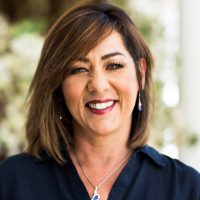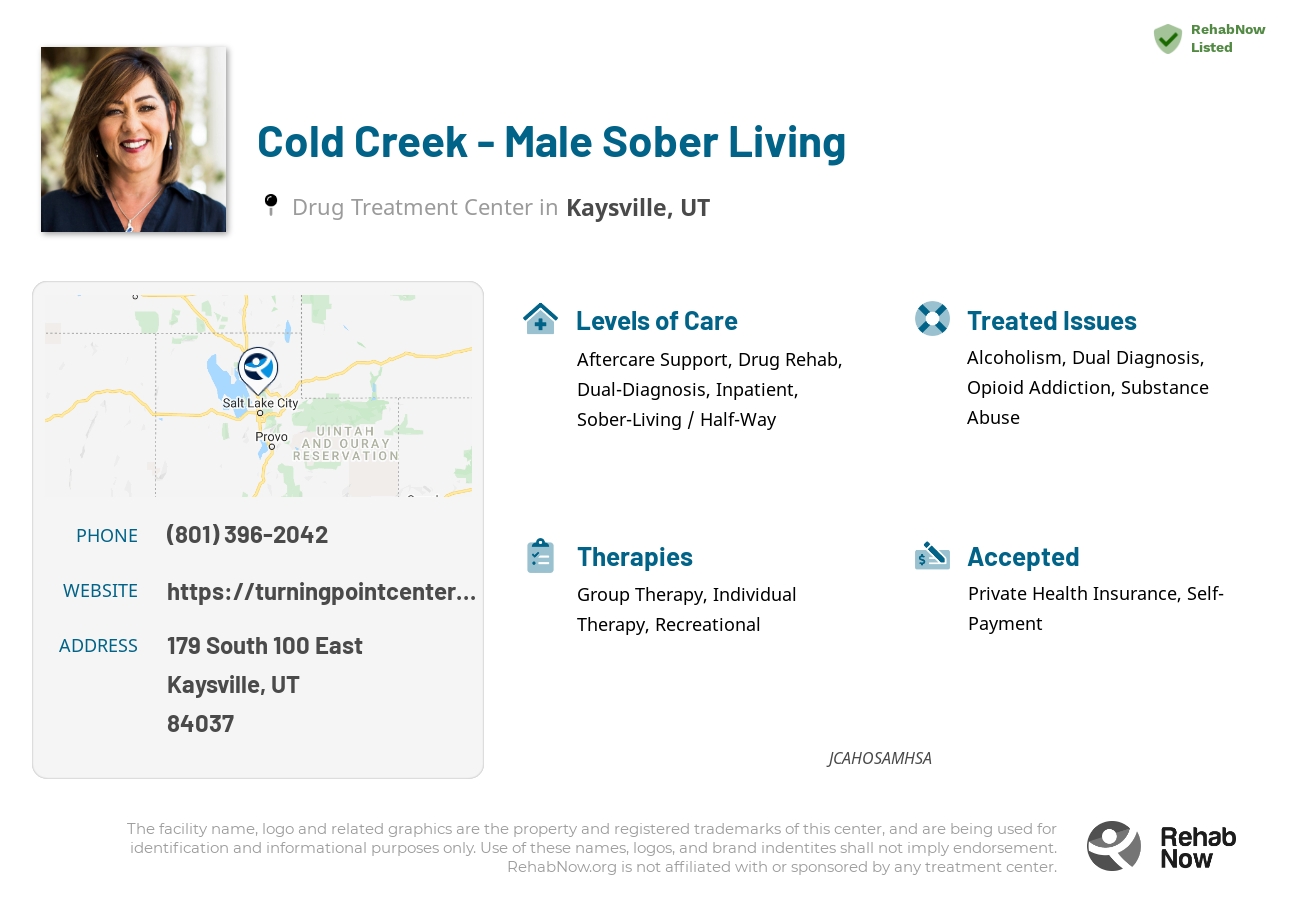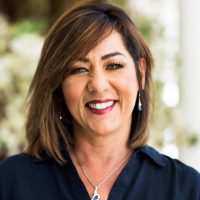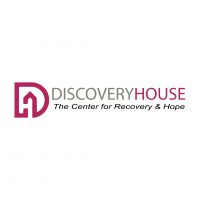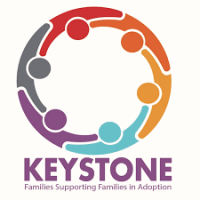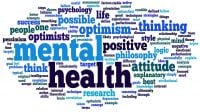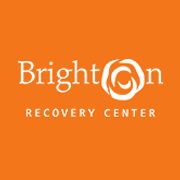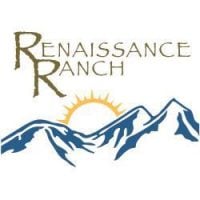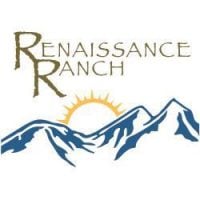Cold Creek - Male Sober Living
Drug Rehab Center in Kaysville, Utah
Cold Creek - Male Sober Living in Kaysville, Utah is an accredited residential sober living facility offering comprehensive services to adult men seeking long-term recovery from substance use disorders, including evidence-based treatments, medical care, employment assistance, and aftercare planning.
About This Utah Facility
Cold Creek - Male Sober Living in Kaysville, UT, is a serene facility that emphasizes the importance of structure and support in the early stages of recovery from addiction. Focused primarily on men transitioning from intensive treatment or those without stable, recovery-friendly living environments, it offers a unique blend of freedom and discipline, necessary for fostering independence and long-term sobriety.
- Structured yet Flexible Living Arrangements: Residents enjoy a balance of independence, with the liberty to use personal electronics and maintain their schedules, within a framework of recovery-focused discipline.
- Community and Responsibility: A strong community ethos, with shared chores and activities, promotes responsibility and accountability, key pillars of recovery.
- Extensive Support Services: Offers a plethora of support, including gym memberships, employment counseling, and random drug testing, aimed at whole-person healing and integration into society.
Accredited by JCAHO and SAMHSA, Cold Creek - Male Sober Living commits to high standards of care. With a dedicated team, they ensure a safe, supportive environment that encourages men in recovery to achieve long-term sobriety through a comprehensive array of services, including evidence-based therapies and medication-assisted treatment when appropriate.
The facility addresses a variety of addictions by providing a range of treatment methods, from cognitive-behavioral therapy to individual and group counseling. With flexible levels of care, Cold Creek stands out by tailoring treatments to meet the unique needs of every resident, ensuring a path towards recovery that respects the individual journey of each person.
Genders
Ages
Modality
Additional
Accreditations
SAMHSA

JCAHO
Conditions and Issues Treated
A drug abuser needs help because if no one helps them, they will not leave their vicious circle.
People who abuse drugs are likely to suffer from an addiction, which can cause serious health problems. It can also cause quarrels with people around them. It is common for drug abusers to have difficulty holding down jobs or relationships, but sometimes people around them can be quite tolerant. There are cases where the families of the drug abusers do not want to see them get any help, and the subject becomes controversial.
When it comes to helping drug abusers get sober, there are many options to choose from. It is essential to state that there is no “correct” way of doing things. People are different, and they need different types of help to get over their addiction.
Opioid addiction treatment should be done in a medically supervised drug rehab. Opioid addiction treatment will include detoxification and drug rehab counseling to help both the user and their loved ones learn how to live a successful sober lifestyle. Methadone, buprenorphine, and naltrexone are three medications that can help treat opioid addiction. Individual drug rehab counseling sessions can be helpful to discuss any questions or concerns with the drug treatment program.
When addiction and psychiatric issues co-occur, the addict’s recovery is more successful when both conditions are treated. A dual diagnosis refers to a condition in which the patient is diagnosed with two health issues: addiction and bipolar disorder.
Usually, dual diagnosis sufferers are prescribed a combination of treatments for each condition. The most common therapies are psychotherapy, behavioral therapy, spiritual counseling, 12-step programs, and medication management.
Psychiatric conditions are an obstacle to recovery because they can create roadblocks to a healthy lifestyle. Drugs and alcohol may be used as a means of self-medication, which can have dangerous consequences. Over time, addicts build up a tolerance and suffer withdrawal symptoms when drug use is stopped.
With the proper treatment, dual diagnosis sufferers can overcome their conditions and achieve lasting sobriety.
Levels of Care Offered at Cold Creek - Male Sober Living
This center offers a variety of custom treatment tailored to individual recovery. Currently available are Aftercare Support, Drug Rehab, Dual-Diagnosis, Inpatient, Residential, Sober-Living / Half-Way, with additional therapies available as listed below.
Inpatient treatment is an option that provides addicts with a supportive environment in which they can stop using. This type of intensive care and supervision is appropriate for those who were unable to quit on their own or need more structure than they could get from outpatient treatment, such as the addict most in need of this level of care.
The goal of inpatient rehab is for the addict to stay focused on sobriety and remain free of mood altering substances. Inpatient treatment programs usually offer the following: detox, therapy groups, one-on-one counseling, medication management and aftercare planning.
Sober Living Homes are used in drug rehab to help former addicts maintain sobriety. The staff provides the residents with a safe and supportive living environment to learn how to live a sober life. The staff members also provide the residents with resources to equip themselves better to live a sober life. They also provide them with opportunities for exercise, many of which encourage learning coping mechanisms that will be helpful later on.
Residential treatment programs are those that offer housing and meals in addition to substance abuse treatment. Rehab facilities that offer residential treatment allow patients to focus solely on recovery, in an environment totally separate from their lives. Some rehab centers specialize in short-term residential treatment (a few days to a week or two), while others solely provide treatment on a long-term basis (several weeks to months). Some offer both, and tailor treatment to the patient’s individual requirements.
Aftercare is a part of drug rehabilitation. It is also known as “post-treatment support.” Aftercare programs are available for addicts after they complete drug rehab. It is often the final step in the recovery process. The goal of aftercare is to ensure that addicts maintain their achievements in rehab and do not relapse. Professionals generally provide aftercare (including addiction therapists, physicians, social workers, psychologists) and involve individual and group therapy sessions.
Therapies & Programs
Individual therapy is a critical component of addiction recovery. It allows the patients to go deep into their core issues and discover how to handle those problems better. Therapy can be conducted in individual sessions as well as group settings. In individual therapy for addiction, the patient meets with their therapist one-on-one to focus on the underlying issues. This allows patients to open up and discuss personal topics they may not feel comfortable discussing in a group setting. This type of therapy can help develop solutions specific to each patient, which helps speed up the recovery process.
Group therapy helps prevent addicts from feeling isolated or unique in their situation by offering a sense of comfort and fellowship. It also creates a forum for addicts to build their support systems and learn from each other. The group therapy sessions at Cold Creek - Male Sober Living occur in a group setting rather than one-on-one to create a safer, controlled environment where addicts feel comfortable.
Cognitive Behavioral Therapy (CBT) is a common therapeutic approach to help drug addicts. It teaches addicts new ways of thinking and behaving so that they can avoid relapse. There are several forms of CBT used in drug rehabilitation centers.
Cognitive Restructuring helps addicts identify faulty, negative thinking so that they can work together with the therapist to find healthier ways of thinking, resulting in better decision-making.
Cognitive Behavioral Therapy for Addiction uses the principles of CBT to help treat addiction. It focuses on specific aspects of each person’s thinking, feeling, physiology, and behavior. It aims to identify specific problems in these areas and create a personalized treatment strategy.
Payment Options Accepted
For specific insurance or payment methods please contact us.
Is your insurance accepted?
Ask an expert, call (888) 674-0062
Turning Point Centers Associated Centers
Discover treatment facilities under the same provider.
- Cold Creek Outpatient - Brighton Loop Road in Park City, UT
- Cold Creek - Female Sober Living in Kaysville, UT
- Cold Creek Outpatient - South Highland Drive in Salt Lake City, UT
Learn More About Turning Point Centers Centers
Additional Details
Specifics, location, and helpful extra information.
Kaysville, Utah 84037 Phone Number(801) 396-2042 Meta DetailsUpdated April 15, 2024
Staff Verified
Patient Reviews
There are no reviews yet. Be the first one to write one.
Kaysville, Utah Addiction Information
More than 500 people in Utah die each year from the effects of drug abuse and/or addiction. Substance abuse rates in Utah have seen an upward trend for a variety of drugs. Opioids are involved in almost 70% of all drug-related deaths in the state, annually. In 2014, Utah officials created a Good Samaritan Law to protect drug users who report possible overdoses from being prosecuted themselves.
In Kaysville, Utah, approximately 1 in 8 residents had used an illicit drug within the past year. 22% of DUI arrests in Kaysville involved drugs. 17% of residents who reported using heroin are also using cocaine. The most significant factor contributing to these problems is the easy availability of drugs. Some of the most common types of treatment include inpatient and outpatient treatment.
Treatment in Nearby Cities
- Roy, UT (10.1 mi.)
- Herriman, UT (36.2 mi.)
- Ogden, UT (13.4 mi.)
- Green River, UT (169.4 mi.)
- Ephraim, UT (117.1 mi.)
Centers near Cold Creek - Male Sober Living
The facility name, logo and brand are the property and registered trademarks of Cold Creek - Male Sober Living, and are being used for identification and informational purposes only. Use of these names, logos and brands shall not imply endorsement. RehabNow.org is not affiliated with or sponsored by Cold Creek - Male Sober Living.
